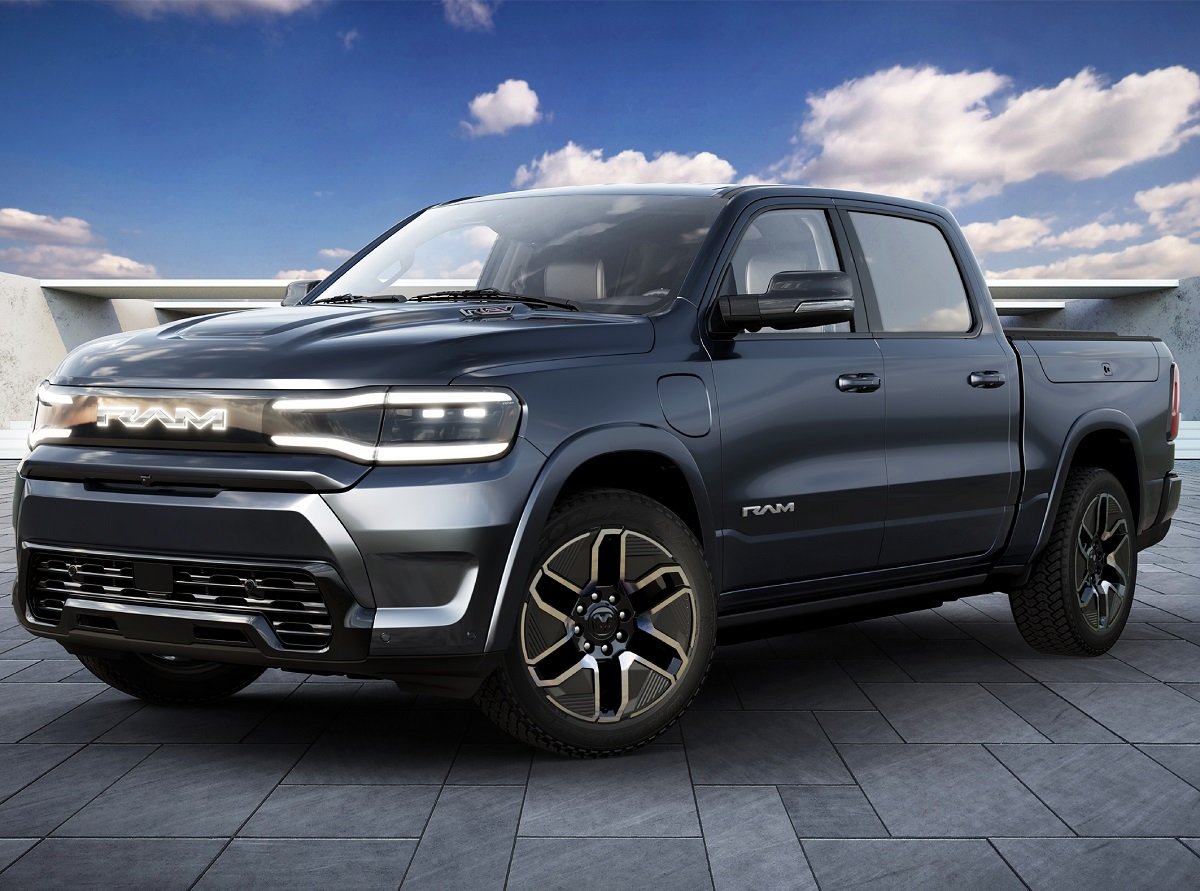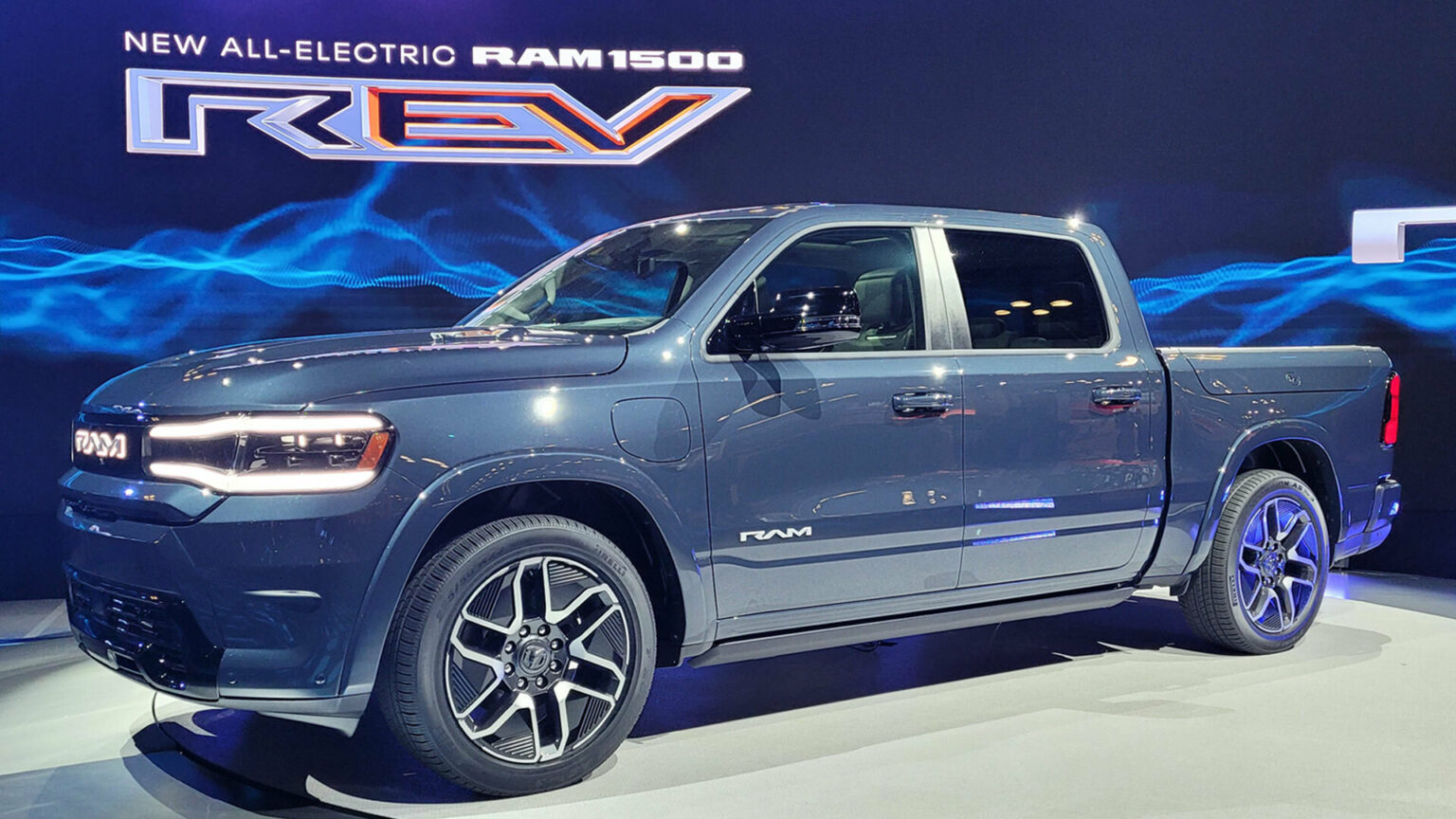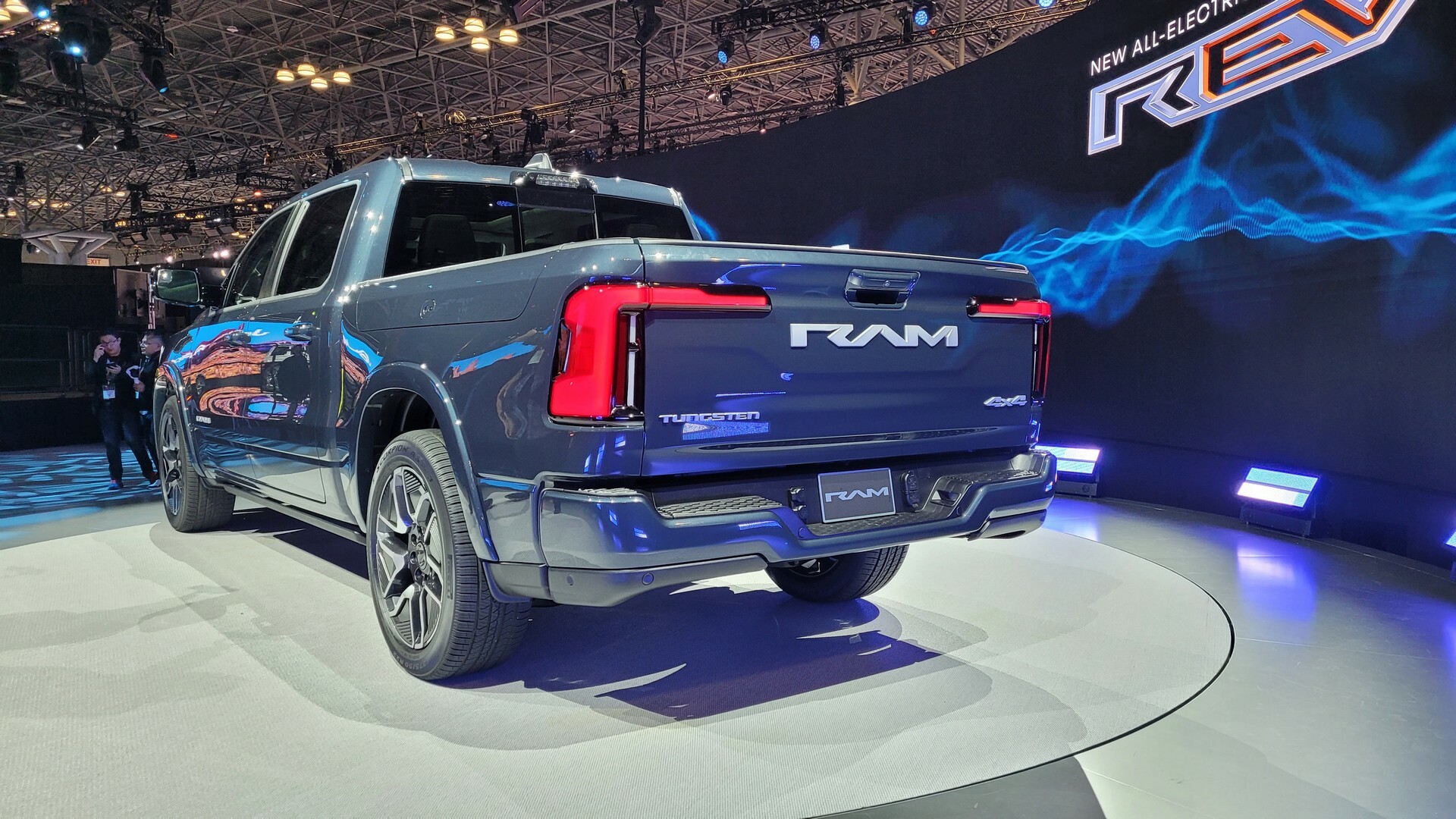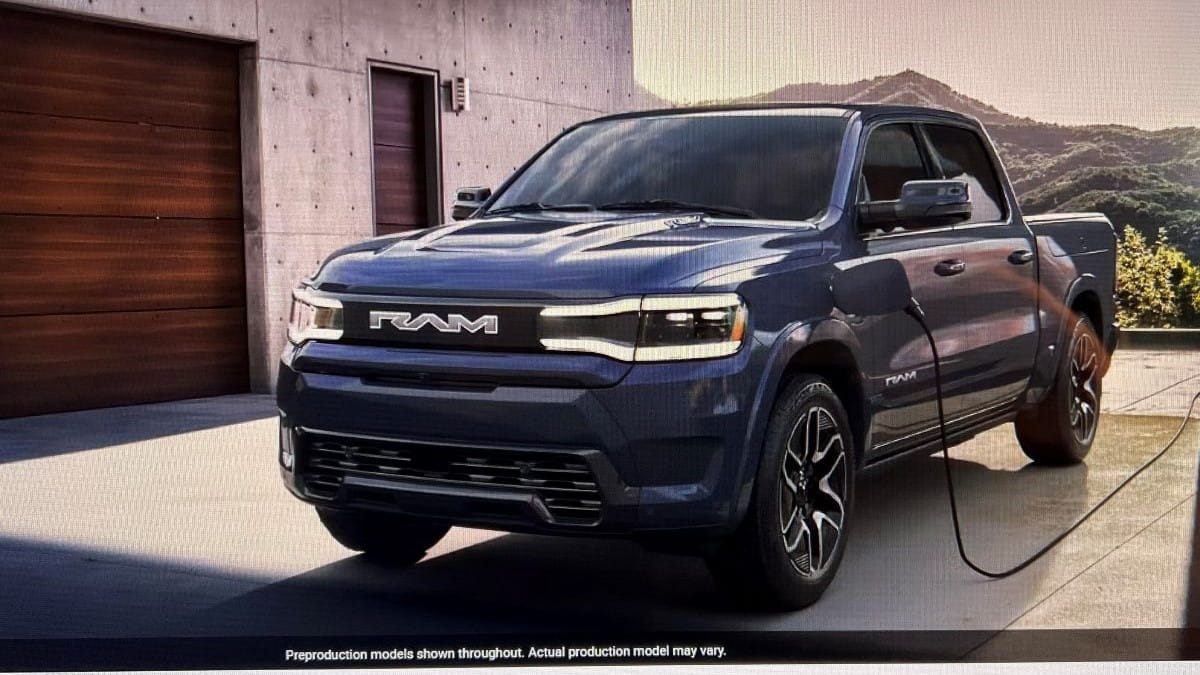The Future of Power: Exploring the Potential of a 2025 Dodge Ram 1500 Twin Turbo
The Future of Power: Exploring the Potential of a 2025 Dodge Ram 1500 Twin Turbo
Introduction
With great pleasure, we will explore the intriguing topic related to The Future of Power: Exploring the Potential of a 2025 Dodge Ram 1500 Twin Turbo. Let’s weave interesting information and offer fresh perspectives to the readers.
Table of Content

The Future of Power: Exploring the Potential of a 2025 Dodge Ram 1500 Twin Turbo
The Dodge Ram 1500 has long been a dominant force in the pickup truck segment, known for its ruggedness, capability, and powerful engine options. As the automotive industry continues to evolve, speculation has arisen about the possibility of a twin-turbocharged engine finding its way under the hood of the Ram 1500 in the near future. While no official confirmation exists from Dodge, the potential for such a powertrain is both intriguing and exciting, promising a significant leap forward in performance and efficiency.
The Power of Twin Turbocharging
Twin-turbocharging is a technology that has revolutionized the automotive industry, allowing for increased power output and improved fuel efficiency. By utilizing two turbochargers, the engine can benefit from increased airflow and reduced turbo lag, resulting in a more responsive and exhilarating driving experience.
Potential Benefits of a Twin-Turbo Ram 1500
A twin-turbocharged Ram 1500 could offer numerous advantages, including:
- Unmatched Power and Torque: Twin turbochargers would significantly boost horsepower and torque, making the Ram 1500 a formidable force on the road and off.
- Improved Fuel Efficiency: Despite the increased power, twin-turbocharging could potentially enhance fuel economy by optimizing combustion and reducing parasitic losses.
- Enhanced Responsiveness: The twin-turbo setup would eliminate turbo lag, providing instantaneous power delivery for a more engaging driving experience.
- Increased Towing Capacity: The added power could lead to a significant increase in towing capacity, making the Ram 1500 even more capable for heavy-duty tasks.
- Elevated Prestige: A twin-turbocharged Ram 1500 would be a highly sought-after model, enhancing the truck’s prestige and desirability.
Technical Considerations and Speculation
While the potential benefits of a twin-turbo Ram 1500 are compelling, it’s crucial to consider the technical challenges and implications:
- Engine Choice: Speculation suggests that the twin-turbo setup could be applied to the existing 5.7L Hemi V8 engine, potentially delivering over 500 horsepower and 600 lb-ft of torque. Alternatively, Dodge could explore a new engine platform, possibly a smaller displacement V6 with twin-turbocharging, offering a balance of power and efficiency.
- Transmission Compatibility: The existing eight-speed automatic transmission would likely need modifications to handle the increased power and torque output of a twin-turbo engine.
- Cooling System: The added thermal load from the twin-turbochargers would necessitate a robust cooling system to prevent overheating and ensure optimal performance.
- Exhaust System: The exhaust system would need to be redesigned to accommodate the twin-turbo setup, potentially incorporating larger diameter pipes and high-flow catalytic converters.
- Weight Considerations: The added components of the twin-turbo system could contribute to a slight increase in weight, which may impact fuel efficiency and performance.
The Future of the Ram 1500
Dodge has consistently pushed the boundaries of innovation in the pickup truck segment, and the potential introduction of a twin-turbocharged Ram 1500 would be a testament to their commitment to performance and technology. While the specifics of such a powertrain remain shrouded in speculation, the potential for a truly groundbreaking pickup truck is undeniable.
FAQs about a Potential Twin-Turbo Ram 1500
Q: When will a twin-turbo Ram 1500 be released?
A: There is no official confirmation or timeline for the release of a twin-turbo Ram 1500. However, given the increasing trend of twin-turbocharged powertrains in the automotive industry, it is a possibility for future model years.
Q: What will the fuel economy be like?
A: While twin-turbocharging can improve fuel efficiency, the overall fuel economy of a twin-turbo Ram 1500 would depend on various factors, including engine size, transmission tuning, and driving habits.
Q: Will it be available with a manual transmission?
A: It is unlikely that a twin-turbo Ram 1500 would be offered with a manual transmission, as the high torque output would make it difficult to manage and could potentially damage the transmission.
Q: What will the price be?
A: The price of a twin-turbo Ram 1500 would likely be higher than the standard models, reflecting the added technology and performance.
Tips for Potential Buyers
- Stay Informed: Keep an eye on automotive news and publications for any official announcements or leaks regarding the potential release of a twin-turbo Ram 1500.
- Consider Your Needs: Before making a purchase, carefully assess your needs and determine if the added performance and features of a twin-turbo Ram 1500 are worth the potential price premium.
- Compare Options: If a twin-turbo Ram 1500 is released, compare it to other high-performance pickup trucks on the market to ensure you’re making the best decision for your needs and budget.
Conclusion
The potential introduction of a twin-turbocharged Ram 1500 represents a significant advancement in pickup truck technology, promising an unparalleled combination of power, efficiency, and capability. While the future of this powertrain remains uncertain, the possibility of such a groundbreaking model is exciting for both automotive enthusiasts and pickup truck buyers alike. As the automotive industry continues to evolve, the Ram 1500 is poised to remain a dominant force, pushing the boundaries of performance and innovation.








Closure
Thus, we hope this article has provided valuable insights into The Future of Power: Exploring the Potential of a 2025 Dodge Ram 1500 Twin Turbo. We thank you for taking the time to read this article. See you in our next article!